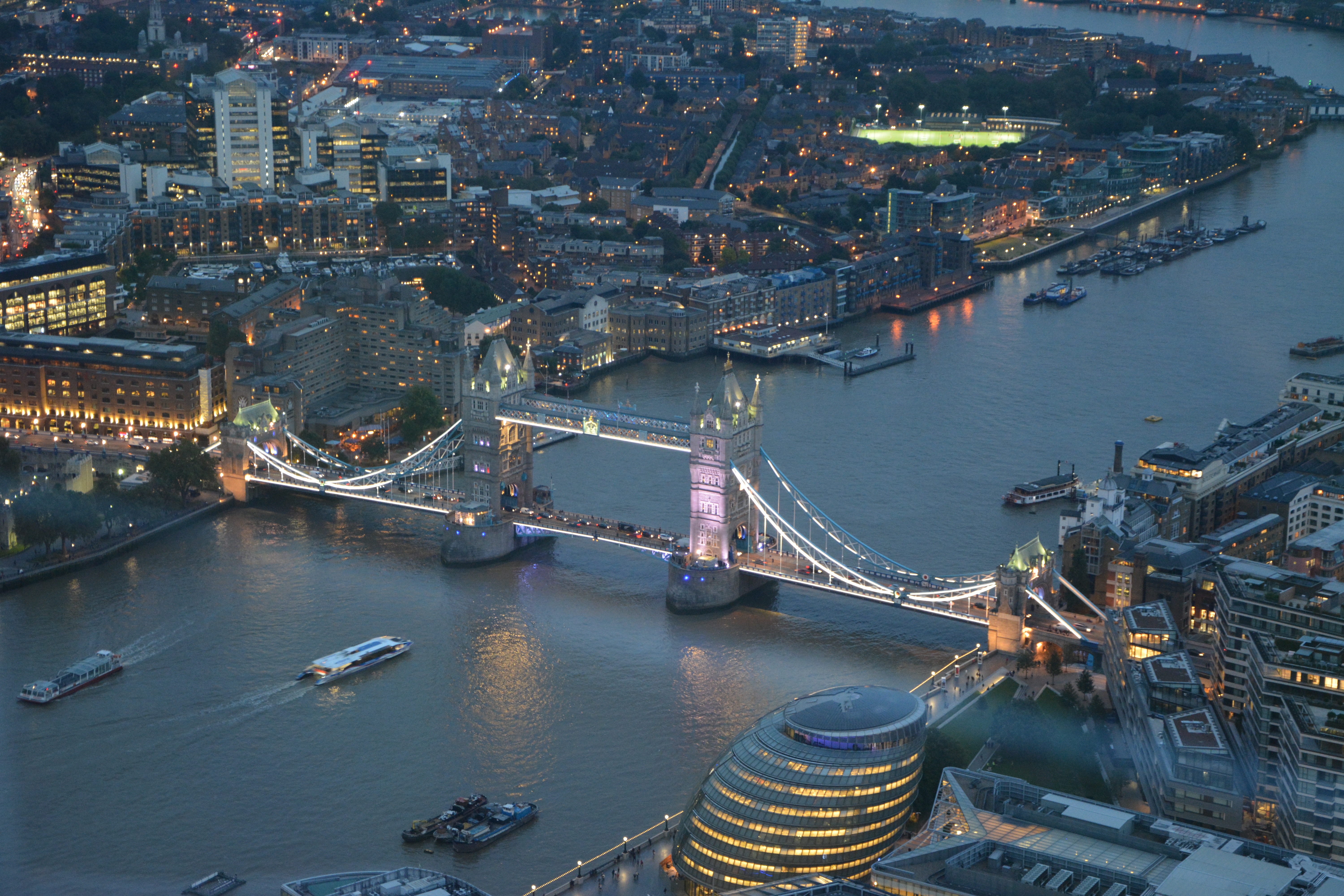Politics and Social Media – Part One: Why Is My Prime Minister Filming TikToks?
Article by:Tomisin Fayemi

For many of us, our early interactions with politicians come from history lessons in school or television series. With that, many of them were presented in the same way. They were the ‘Winston Churchills’ of the world; statesman figures that carried grace, poise, and power with every word.
Fast forward to today, you could argue that we don’t get that same presence from politicians. Perhaps it’s because politicians were never really like this. Maybe we have just had a formidably bad run when considering the likes of Boris Johnson, Liz Truss, and Nigel Farage. Or maybe it is because the world has changed, and being a politician, or an active party, in this current climate requires a varied approach with different people, and ultimately, different characters.
And one of the main reasons for this is the rise of social media. The upcoming general election is set to be a perfect indicator of just how much social media has changed our landscape.
It’s giving… a new approach
The first big change to notice in the relationship between social media and politics is the change in approach. Could you imagine seeing Winston Churchill doing a TikTok? (If the answer is yes, then I envy you because your imagination is clearly more active than mine.) But for most, the answer is no, followed by a very quick “I would never want to”. Much of this is because of who Winston was and what he represented.
But what may be expected of our politicians has changed drastically. Social media isn’t just a platform for cat videos and babies biting fingers; it’s a powerful device that can spark dramatic change and have a massive effect. One only has to look as far back as the Brexit vote to see this in action; accusations still linger around how Cambridge Analytica used Facebook data without consent to target voters with personalised political ads during the Brexit campaign. If this is true, then they exploited social media to manipulate public opinion and sway voters’ decisions.
Simply put, in part, social media decided that vote. From then on, every political party would need to embrace it if they wanted to stand a chance. We can see it in real-time now. On the day Rishi Sunak announced the election, political parties began pouring their resources into social media, with online advertising expenditures rapidly escalating.
Since the election was called, UK political parties have collectively spent over £1m on online advertisements, more than four times the spending seen in the same period during the 2019 election, according to analysis by Tortoise.
So it’s clear both parties have decided to take their social media output seriously.
Understanding the assignment
While traditional news sources employ professional journalists who adhere to strict editorial standards and fact-checking processes, social media platforms allow literally anyone to post content, often without scrutiny for accuracy or credibility. In addition, traditional news also remains primarily a one-way communication channel, while the currency of social media is completely different, with direct interaction through likes, comments, and shares.
This means that not only do political parties have to post, but those posts also have to perform well. They need to be shareable, engaging, and short – especially if you’re going to capture the attention of Gen Z.
To be fair to all parties, they have certainly understood what it takes to communicate their messages on social media. And this is a good thing. As out of touch as they may seem, it is a sign that politicians at least understand the transition in the world. It is also a better way of connecting the youth to politics. Ultimately, this election is about the future of our country, and young people need to feel like politicians are catering to them.
In essence, the interplay between social media and politics reflects a broader societal shift towards digitalisation. As our lives become increasingly enmeshed in the digital realm, so too must our political institutions adapt to meet the evolving needs and expectations of the electorate. The upcoming election serves as a test case for the efficacy of this digital transformation, offering insights into the future of political engagement in the digital age.
But until then, all we can do is take it in and watch how it unfolds. From Rishi Sunak doing clunky TikToks to the Labour party using memes from 2009, we are certainly in for an entertaining journey.
As for this blog series, we are only just beginning. The next blog will take a deeper dive into the intricacies of all parties’ social media strategies, taking a look at some of the highs and the many, many lows.
In the meantime, if you want to learn more about building your social media strategy, check out our page here.
Related Articles

CommsCo launches music tech division with appointment of journalist Lee Wakefield
Article by:thecommsco

